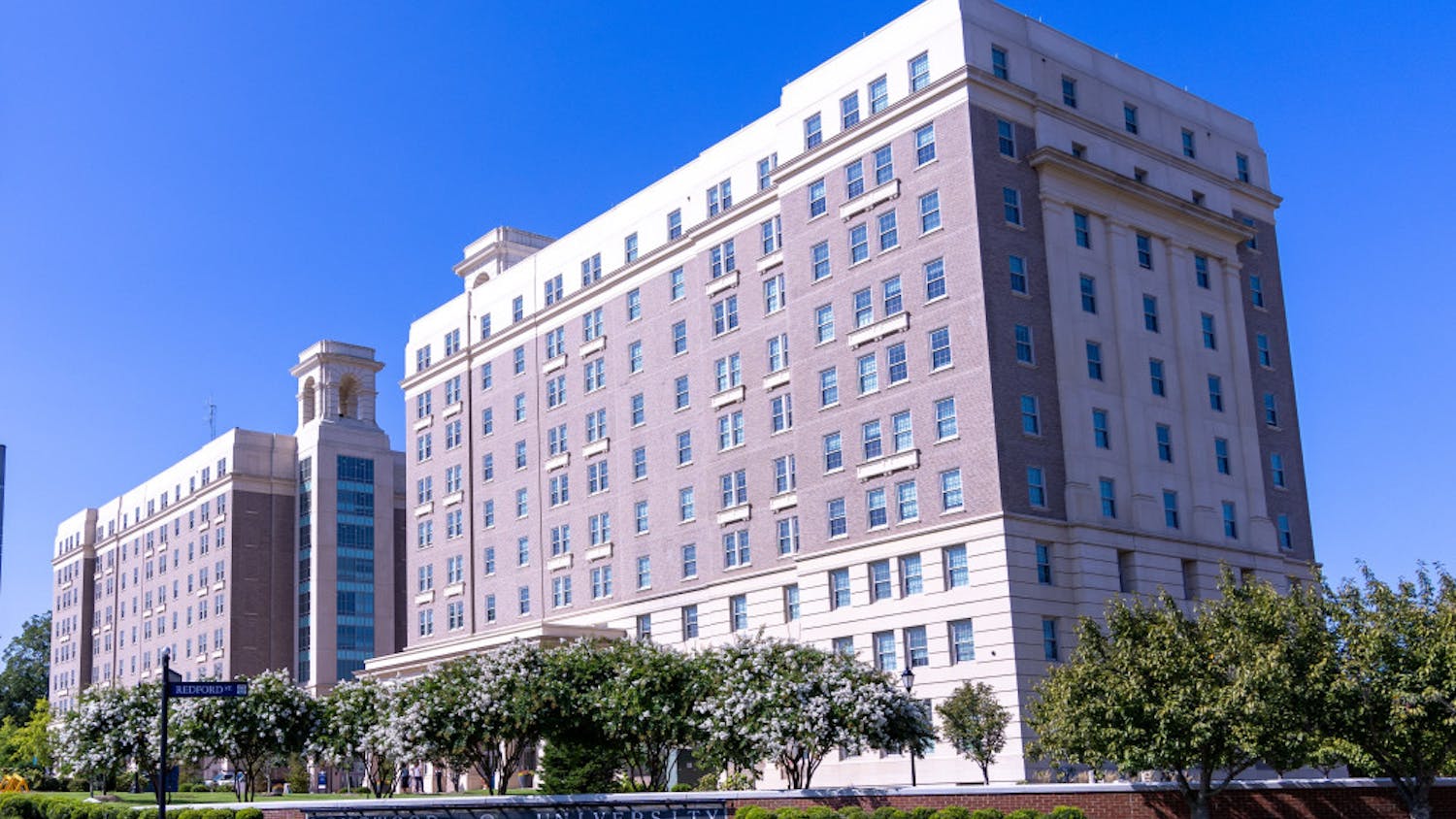After failing to complete university requirements, Conduct Board lost its recognition as student organization and ability to hear student cases for the fall semester. Without the board, all conduct-related violations will be heard by the administration.
Without Conduct Board, Honor Board will be the only one of the remaining four hearing bodies run by students this semester. Associate Dean of Conduct and Integrity, Jen Fraley, said the disciplinary process won't change aside from losing Conduct Board as an option.
"There is clearly going to be a shift because we won't be able to use that particular hearing body so all of those cases will then shift to other hearing bodies," said Fraley, who advises Conduct Board. "But in terms of the process, it will remain exactly the same."
Recently elected Conduct Board chair, Sierra Garland, and Fraley attributed the loss of recognition to turnover in the organization's leadership early in the semester, coinciding with the re-registration procedures.
Garland said when the former chair stepped down unexpectedly in September, requiring an election to promote her to chair from vice-chair and replace her as vice-chairs. "It all happened within a matter of weeks," she said.
The internal turmoil led to poor communication during a period without clear leadership, she said.
"Communication between previous leadership and the board had not been going well," said Garland. "In my opinion, communication was the big key that we lacked and led to Conduct Board not being able to perform our job this semester."
Former Conduct Board chair, Canon Cochran, said he was "saddened and shocked" when he learned the student organization wouldn't function for the fall semester.
"I've heard a lot of students pointing fingers and saying it's this person's fault or this person's fault, but I don't think it's anyone's fault it was just a mistake," said Cochran.
Unlike student-led judiciary boards at other universities, the power of selecting Longwood Conduct Board members lays in annual elections and is completely comprised of students.
Fraley said most colleges have the student board run out of the university integrity office, with members selected and trained by the administration.
For example, Virginia Commonwealth University website illustrated their three-member Student Conduct Board consists of at least one student and one faculty or staff member.
Closer to Longwood's process, University of Virginia's University Judiciary Committee is student-run, made up of 25 student representatives. However, the judiciary committee only addresses conduct-related issues involving first year students.


Considering Longwood's unique approach to student hearing boards, Cochran said he worried the Conduct Board's loss of recognition could lead to the organization no longer hearing cases beyond this semester.
"In my experience they have been slowly trying to take the process away from students and have all the cases heard by administrative hearing," said Cochran.
Fraley said the number of cases seen across all of the university's hearing bodies has become "more balanced" between Honor Board, Conduct Board, administrative hearing officers and the University Disciplinary Board.
"Statistically over the past three or four years anyway, we've seen a shift and a more balanced caseload between all of the different hearing bodies," she said.
As spring approaches, Fraley said the board plans to regain its status and work with Assistant Director of Student Clubs and Organizations Gary Honickel to take cases again starting next semester.
"With all hope, they will be re-recognized in the spring and then things would continue as normal," said Fraley.
According to the 2017-18 Student Handbook, organizations who are inactive for no more than one consecutive semester must schedule a re-recognition interest meeting prior to separate mandatory organization meetings and fulfill all of the minimum requirements set to be a student organization.
Otherwise, Honickel said organizations must complete the new organization process detailed in the handbook if they go two or more semesters unrecognized.
"Groups are contacted in multiple ways including through email, flyer, and in face to face conversation," he said. "I want them to be successful but I also must hold them accountable to our policies and procedures."
Four other student organizations lost recognition for the fall after failing to attend a mandatory organization meeting, including American Marketing Association, Baking Club, Community Ties and Sketch Lodge.
Garland said she was confident Conduct Board would return to hear cases for the spring semester.
She said, "I feel like this down time will be used effectively to improve the quality and consistency of our board and its decisions. I will ensure we attend the meeting next semester, and Conduct Board will be back in action in the spring."
After Conduct Board lost its recognition as student organization, it will not be hearing any cases regarding conduct-related violations during the fall semester. Their hearing took place in Lancaster Hall.










